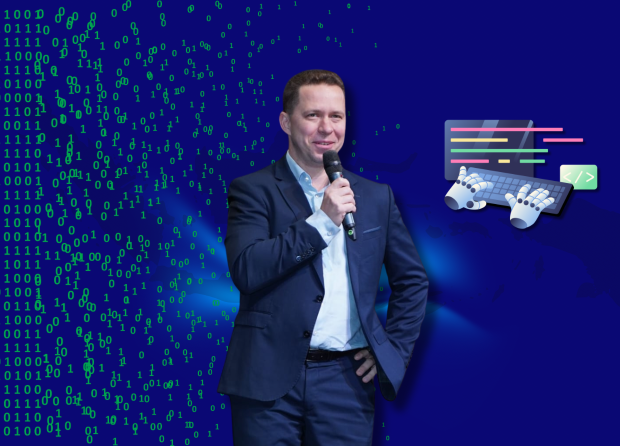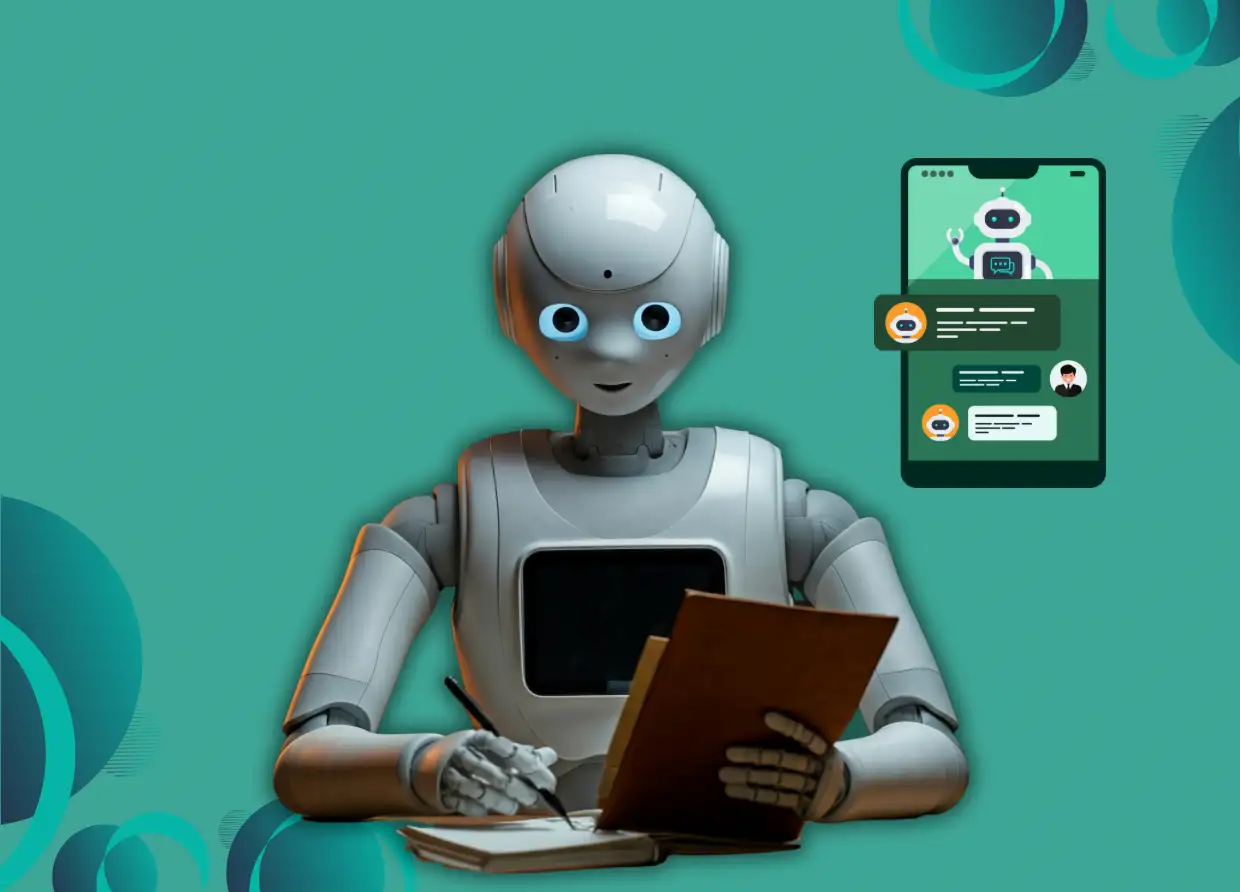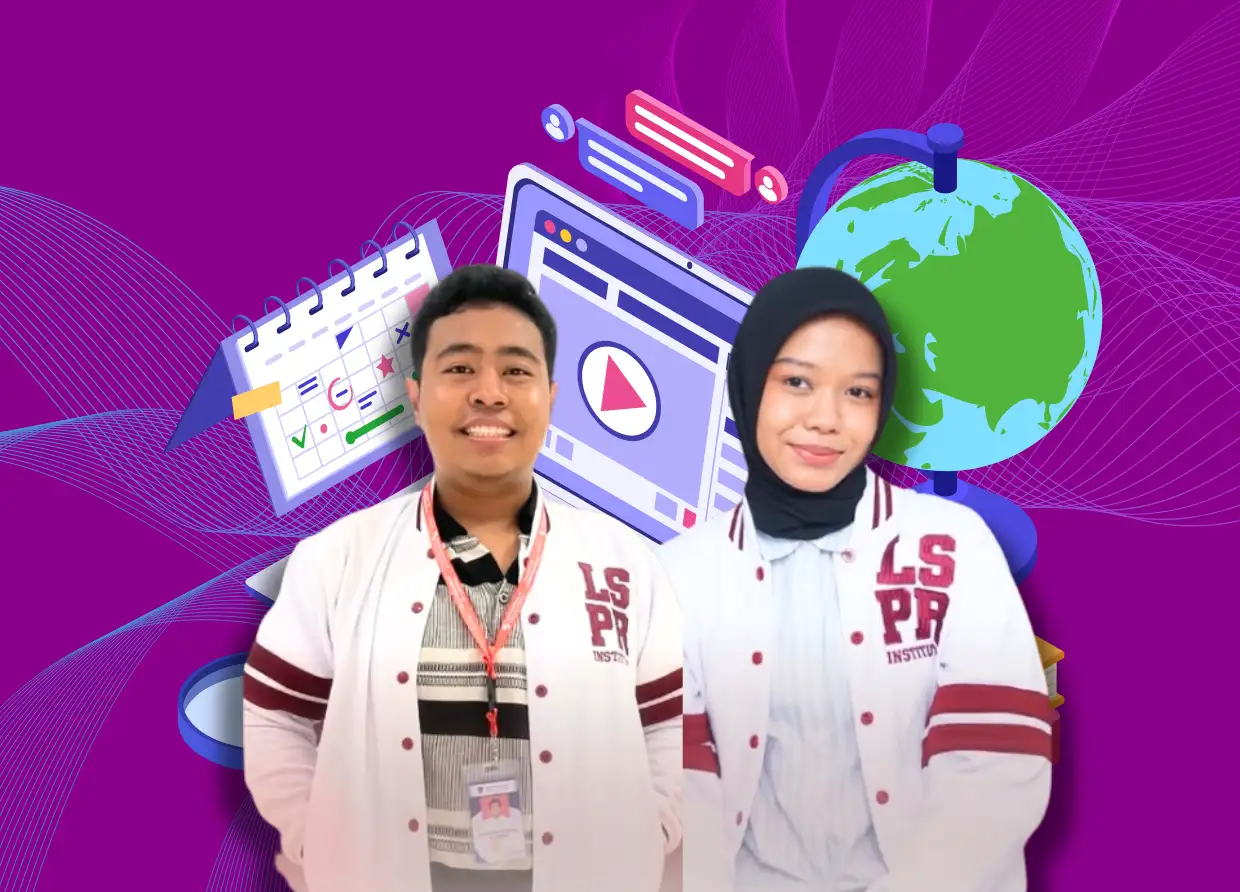THE POWER OF SOFT SKILLS: WHY EMOTIONAL INTELLIGENCE MATTERS IN YOUR CAREER
Unleash Your Career Potential with Emotional Intelligence
In today's ever-evolving job market, possessing technical skills alone is no longer enough to guarantee career success. Employers are increasingly recognizing the value of soft skills, with emotional intelligence (EI) standing out as a critical trait that can significantly impact your professional journey. In this article, we explore the concept of emotional intelligence, its importance in the workplace, and how you can cultivate and leverage it to advance your career.
Understanding Emotional Intelligence
Emotional intelligence refers to the ability to recognize, understand, manage, and effectively use your own emotions as well as those of others. It comprises several key components, including self-awareness, self-regulation, empathy, and social skills. These elements collectively contribute to one's ability to navigate complex social interactions and make informed decisions based on emotional cues.

Emotional Intelligence in the Workplace
- Enhanced Communication: Strong EI fosters better communication with colleagues, superiors, and clients. You can convey your ideas, feedback, and concerns more clearly and listen actively to others, resulting in fewer misunderstandings and improved teamwork.
- Effective Leadership: Leaders with high emotional intelligence tend to inspire and motivate their teams more effectively. They understand their team members' strengths and weaknesses, adapt their leadership style to suit individual needs, and create a positive work environment.
- Conflict Resolution: EI plays a crucial role in resolving conflicts amicably. Individuals with strong emotional intelligence can manage their emotions during disagreements and help mediate conflicts between others, contributing to a harmonious workplace.
- Adaptability: The modern work landscape is dynamic and often unpredictable. People with high EI can adapt to change more readily, stay composed under pressure, and bounce back from setbacks, making them valuable assets to any organization.

Cultivating Emotional Intelligence
- Self-Reflection: Begin by increasing your self-awareness. Regularly reflect on your emotions, triggers, and how they affect your actions and decisions. Journaling or meditation can be helpful tools.
- Empathy Building: Practice putting yourself in others' shoes. Listen actively when people speak, ask open-ended questions to understand their perspectives, and show genuine concern for their feelings.
- Emotion Regulation: Learn to manage your emotions constructively. Techniques like deep breathing, mindfulness, or seeking feedback from trusted colleagues can assist in keeping your emotions in check.
- Social Skills Development: Work on your interpersonal skills. Building rapport, resolving conflicts, and collaborating effectively are essential aspects of emotional intelligence. Seek opportunities to practice and refine these abilities.

Leveraging Emotional Intelligence
- Interviews and Networking: Highlight your emotional intelligence during job interviews. Share examples of how it has positively impacted your work relationships and problem-solving abilities.
- Leadership Roles: If you aspire to leadership positions, emphasize your EI skills on your resume and in discussions with superiors. Showcase your ability to lead and inspire teams through effective communication and empathy.
- Conflict Resolution: Offer your assistance in mediating conflicts within your team. Your reputation as a skilled conflict resolver can lead to increased responsibilities and career growth.
- Continuous Improvement: Keep refining your emotional intelligence throughout your career. Attend workshops, seek feedback, and mentor others to solidify your reputation as an emotionally intelligent professional.
Emotional intelligence is a vital asset in today's competitive job market. By understanding, nurturing, and leveraging your EI, you can enhance your career prospects, build stronger professional relationships, and stand out as a valuable contributor in any workplace.
#THE S MEDIA #Media Milenial #Emotional Intelligence #Soft Skills #Career Development #Workplace Success #Communication Skills #Self-awareness #Leadership #Conflict Resolution #Empathy #Emotional Regulation #Professional Growth























